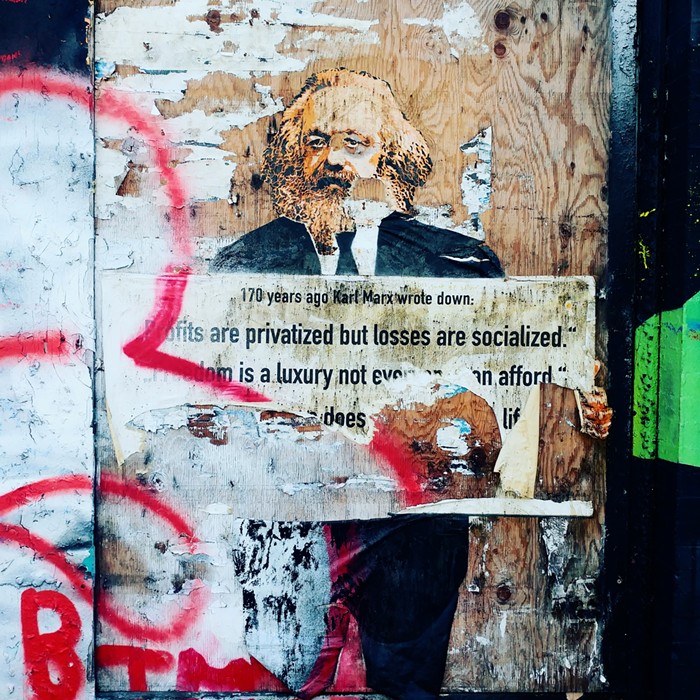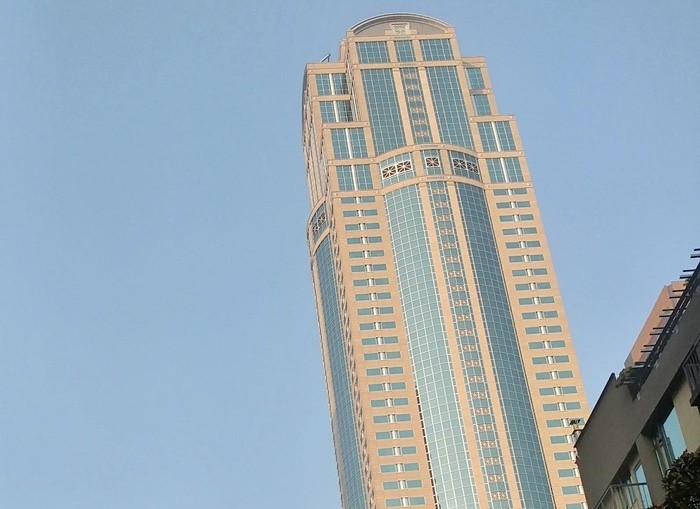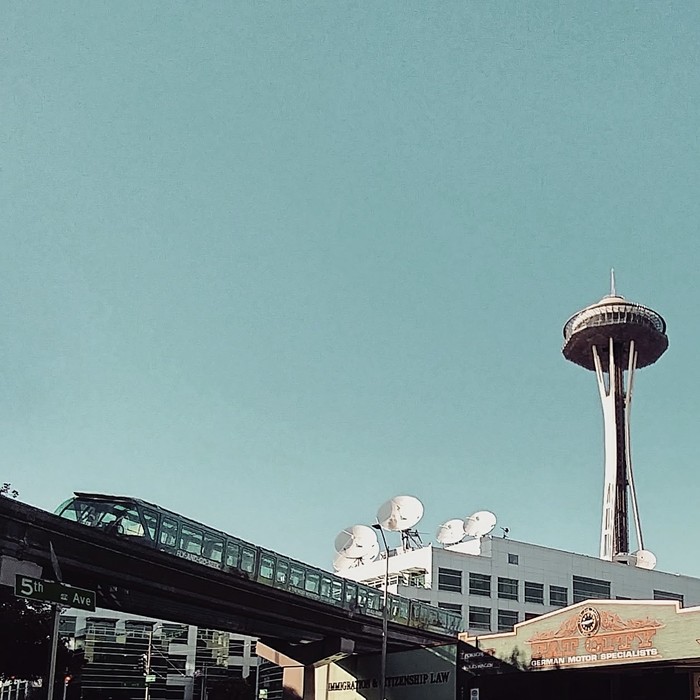
I must mention this week's most interesting story before the end of the day. It concerns crows in a Swedish city I've never heard of, Södertälje. It is in Stockholm County in much the same way Kent is in King County. A firm there called Corvid Cleaning has launched a program that trains crows to collect cigarette butts in exchange for food dispensed by a vending machine. The idea is that crows are very smart and so are likely to share with other crows the trick of transforming useless butts into the good stuff. The machine, the firm's key contribution to the for-profit project, can determine if the bird has brought the real stuff (cigarette butts) or the fake stuff (some stick or stone). The crow can't cheat. It must do the job right to get paid not in money but food.
Corvid Cleaning is selling the project as an excellent way for the city to cut cleaning costs. The company's founder, Christian Günther-Hanssen, "estimates the use of crows could save Södertälje, which currently spends 20 million Swedish kroner [2,170,000 USD] on street cleaning, at least 75 percent of costs." Corvid Cleaning also believes costs will drop even further when less with-it birds catch on, see the crows making out like bandits, and learn the trick of the vending machines. And it is in this way the market plans to capture the general intellect of synanthropic birds. Is this disturbing?
We cannot compare this novel relationship between capital and crows (and possibly other birds) with the one that has existed for the past 400 years between capital and classical human labor. The birds can still exist outside of the market economy, and it's very unlikely that collecting butts will become for the crows the only available opportunity of maintaining a supply of the high-grade energy that's needed for highly organized living matter to work against the disordering power described by the second law of thermodynamics. (This, by the way, was what the French philosopher Henri Bergson meant by élan vital, which is "characterized not as a spiritualistic 'vital force' but as a tendency of organization opposed to the tendency of entropic degradation.")
Humans, of course, have been entirely absorbed by the market. All our needs are settled there, which is why the collapse of the capitalist economy is often interpreted as apocalyptic, as a Bible-like plague of locusts. But we do not do it like city birds do.
Their work is not, first of all, robbed of the means of reproduction; secondly, it's not measured by something as artificial (or cultural) as socially necessary labor time, which quantifies the work that's needed to keep a worker alive while at the same time working less and less for themselves and more and more for their employer. Crows live on the waste of capitalist consumption, for sure; but they can also resort to eating, as in the case of Seattle, chafer beetles, which are, true, invasive bugs, but are still in the wild. When the vending machines for butts stop, they can still move on. But what happens when the container ships stop? Where will human beings be then? A part of capitalism's power is we do not want to find out.


















